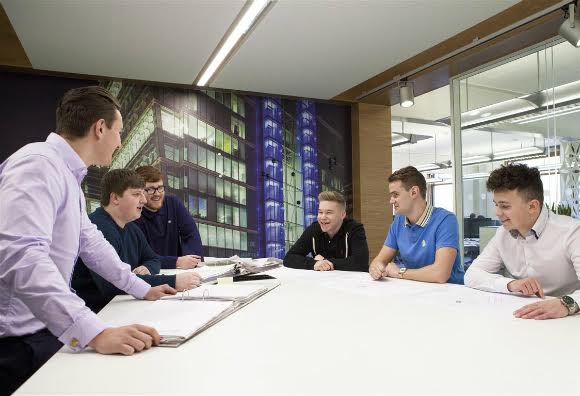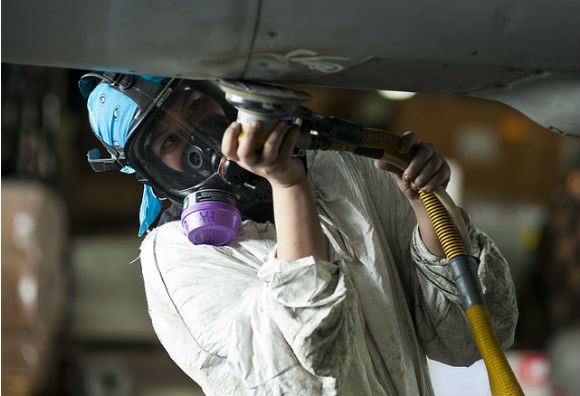Engineering
Engineering is all about solving problems using specialist technical and practical skills: maths, science, research, prototypes, design, maintenance and production. If you have good STEM skills – science, technology, engineering and maths – as well as an analytical mind and attention to detail, this could be the industry for you.
Engineers design, manufacture and maintain almost everything people and industries use, from computers, spacecraft and boats to corkscrews, buildings and chemical reactors. Technological advances would never happen without engineers. Consequently, the people who work in this sector are massively important in developing the future of our society.
Types of engineering jobs
There are so many different areas of engineering to work in; however, most engineers choose to specialise in just one, such as chemical, automotive or robotics.
Hardware and infrastructure engineers work with the physical parts of computers, networks and telecommunications apparatus. They deal with network cables, motherboards, desktop units and computer peripherals, whereas software engineers work with the intangible computer programmes that make computers or telecoms systems function effectively. They deal with operating systems, programmes, applications, websites, databases and computer games.
Automotive engineers work in the design and production of cars, motorbikes, buses, work in simulation and robotics. Simulation engineers use computer programmes and computer simulation technologies to model engineering projects in a virtual environment. Robotics engineers are concerned with the design, production, application and maintenance of complex robots.
Aeronautical engineers deal with aircraft and with spacecraft; and avionics engineers who deal with all the electronic and electrical parts of these aircraft and space craft (e.g. navigation systems). Civil engineers are all about the built environment: providing engineering expertise on buildings, dams, bridges, stadiums and all kinds of major construction projects.
Two other highly specialist areas of engineering, which require a slightly different scientific background, are chemical engineering and biotechnology engineering. Chemical engineering involves employing chemical and biological scientific techniques to transform raw materials into functional products and substances. Meanwhile, biotechnology engineering combines biological science with engineering principles to create a variety of products, like medicines, biodegradable plastics and biofuels.
Mechanical engineering is one of the oldest, broadest and most popular engineering disciplines. It involves the design, production and maintenance of mechanical systems, machines, tools and apparatus that use heat and mechanical power to operate (such as pistons, engines cooling apparatus and vehicles etc.).
Other types of engineering include industrial, electrical, software/hardware and infrastructure engineering.
Engineering apprenticeships
School leavers wanting to work in this sector could do an Intermediate Apprenticeship (Level 2) after taking their GCSEs, and train in areas like engineering technology, rail engineering and construction civil engineering.
They could then do an Advanced Apprenticeship (Level 3) in areas like engineering construction, building services engineering or composite engineering. School leavers with A-levels could also access these schemes.
For those with a good set of A-level results, or those who have completed Advanced Apprenticeships, there are Higher Apprenticeships (Level 4) in areas like space engineering, civil engineering and manufacturing engineering.
There are also energy Degree Apprenticeships, for school leavers who have achieved high grades at A-level. These are in aerospace engineering, manufacturing engineering and power engineering. Your employer will pay your tuition fees and a salary, for the work you will do alongside your studies.
School leavers could also look at the engineering courses on offer at further education college or university.



